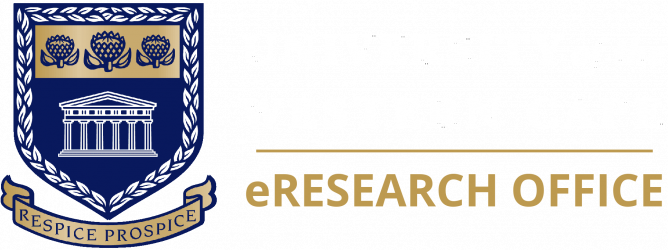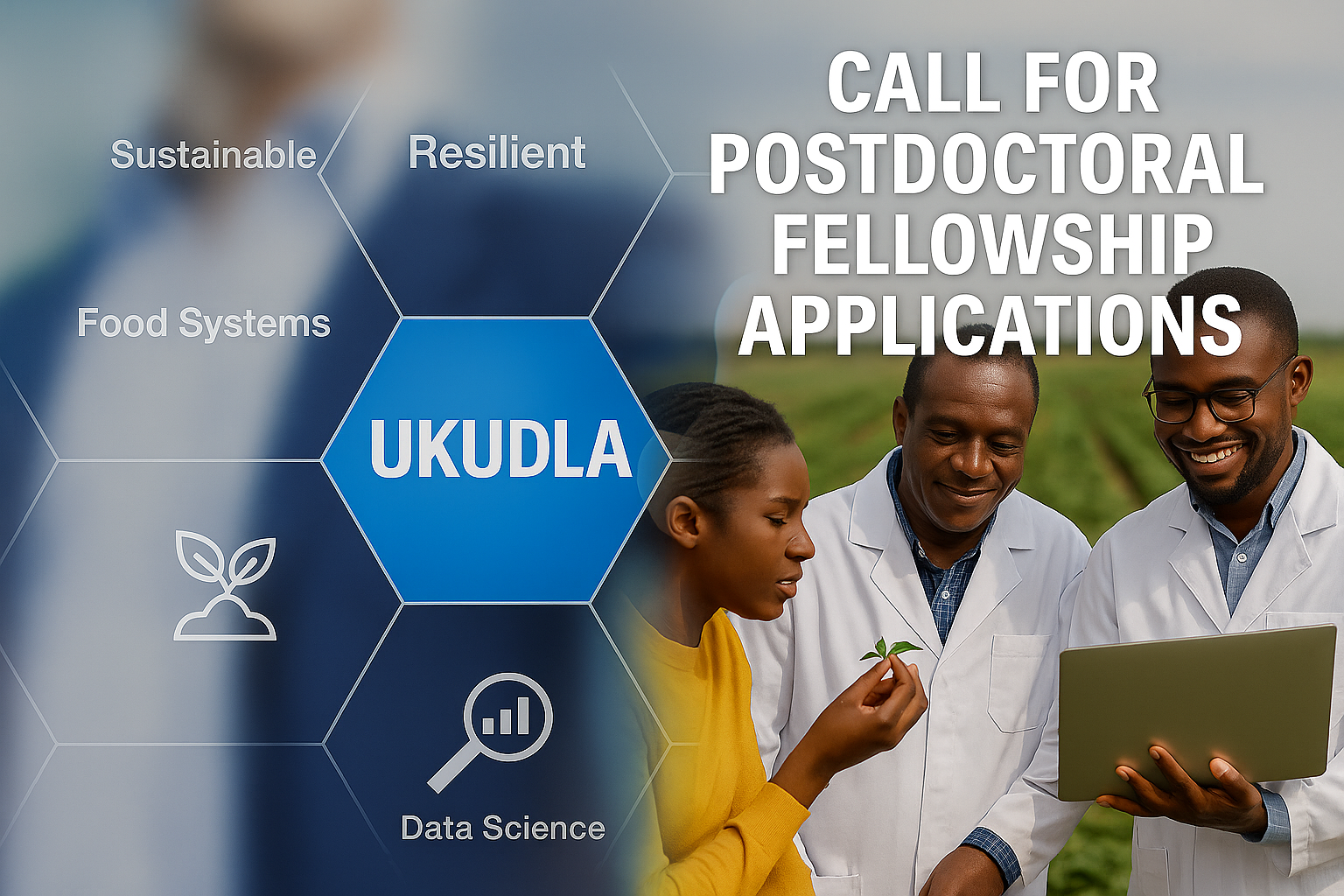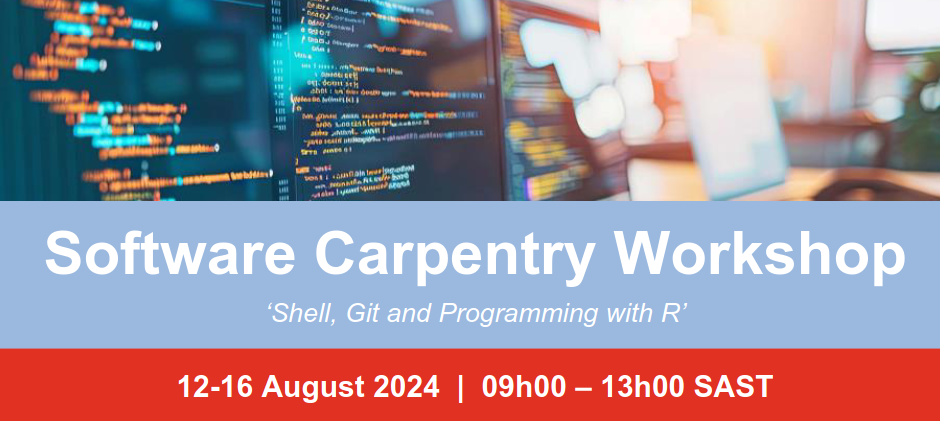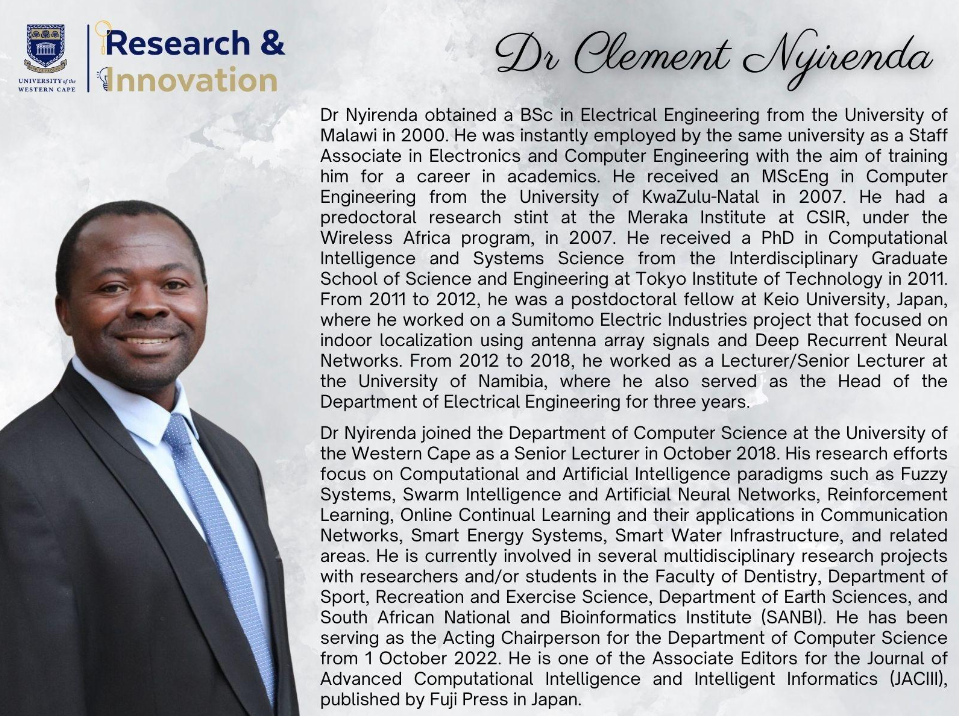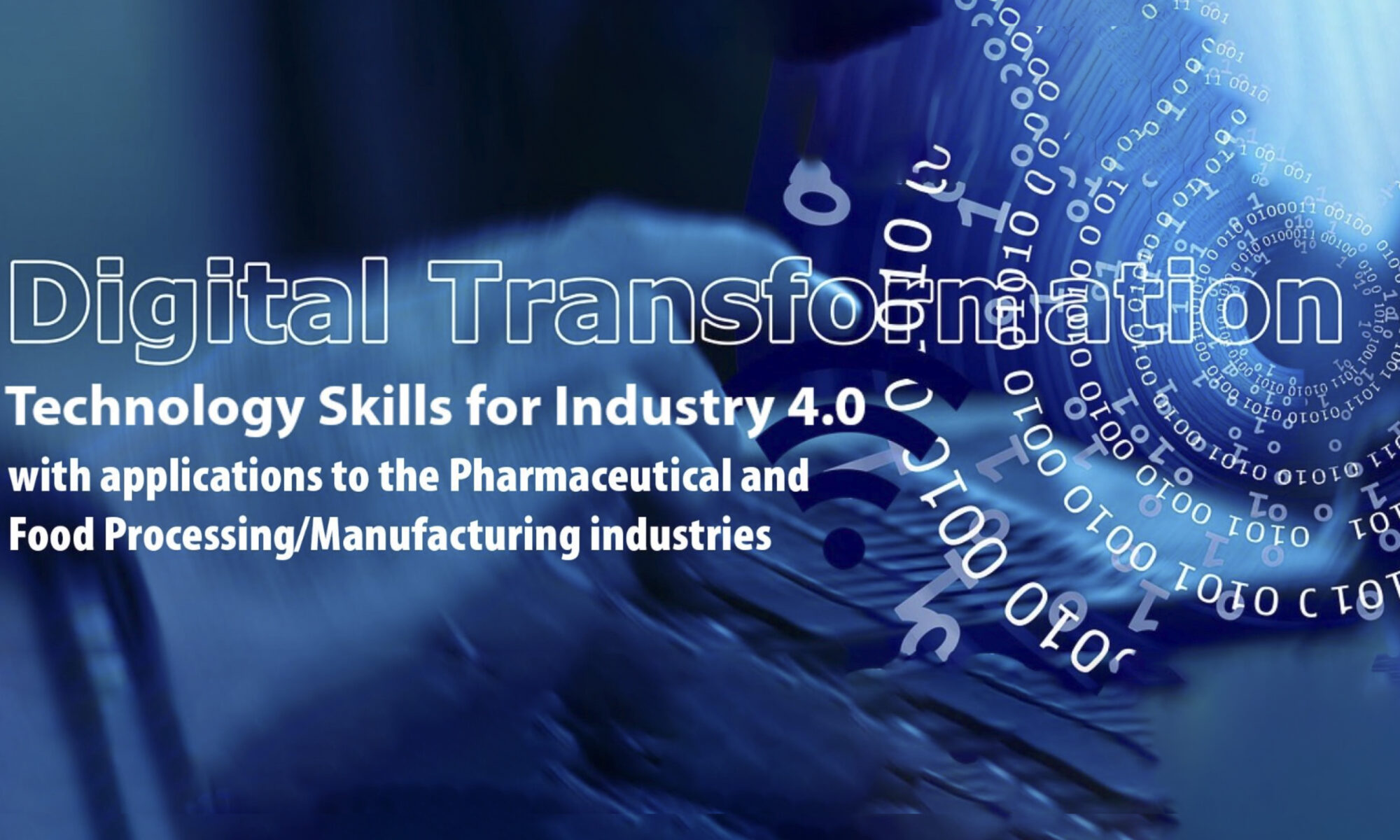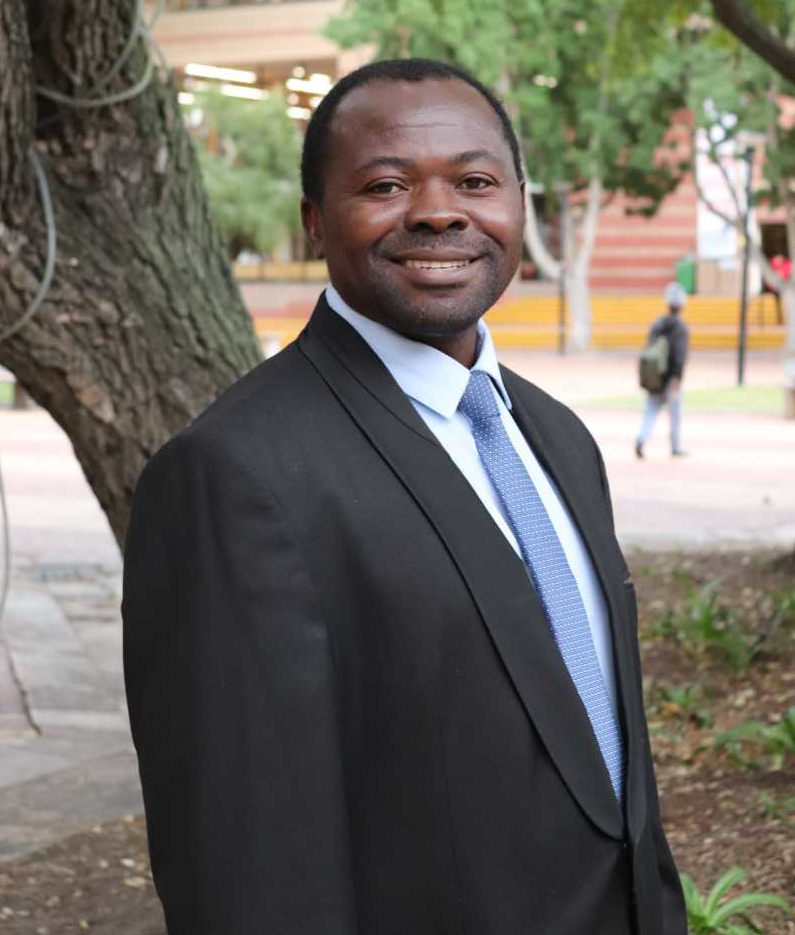
Prof Clement Nthambazale Nyirenda obtained a BSc in Electrical Engineering from the University of Malawi in 2000, an MScEng in Computer Engineering from the University of KwaZulu-Natal in 2007, and a PhD in Computational Intelligence and Systems Science from the Institute of Science Tokyo (formerly Tokyo Institute of Technology) in 2011. After a postdoctoral stint at Keio University, Japan, he worked as Lecturer/Senior Lecturer at the University of Namibia for 6 years before joining UWC’s Department of Computer Science as a Senior Lecturer in October 2018. He became eResearch Director on 1 August 2023.
As eResearch Director, Prof Nyirenda leads UWC’s digital transformation of research, enabling data-driven innovation through advanced technologies and interdisciplinary collaboration. He oversees High-Performance Computing infrastructure expansion, generative AI integration, and research data management aligned with FAIR principles. Internally, he works closely with the Research Development and Postgraduate Studies (RDPS) Office, Information and Communication Services (ICS), the Scholarly Communications team in the Library, and the South African National Bioinformatics Institute (SANBI). His role alson includes strengthening collaborations with national initiatives such as CHPC, SANReN, DIRISA, and NITheCS, while fostering regional and global partnerships. He champions green computing practices, oversees sustainable research software acquisition and maintenance, and strives to establish UWC as an eResearch knowledge hub through workshops, training programs, and collaborative projects addressing Sustainable Development Goals.
Prof Nyirenda holds a dual appointment as Associate Professor in the Department of Computer Science, where he teaches Artificial Intelligence at Honours level and leads the Computational Intelligence Research Group, supervising postgraduate students at postdoctoral, PhD, MSc and Honours levels. His research expertise spans Computational and Artificial Intelligence paradigms in Communication Networks, Smart Energy Systems, Smart Water Infrastructure, and Dentistry. He serves as Associate Editor for the Journal of Advanced Computational Intelligence and Intelligent Informatics (JACIII).
